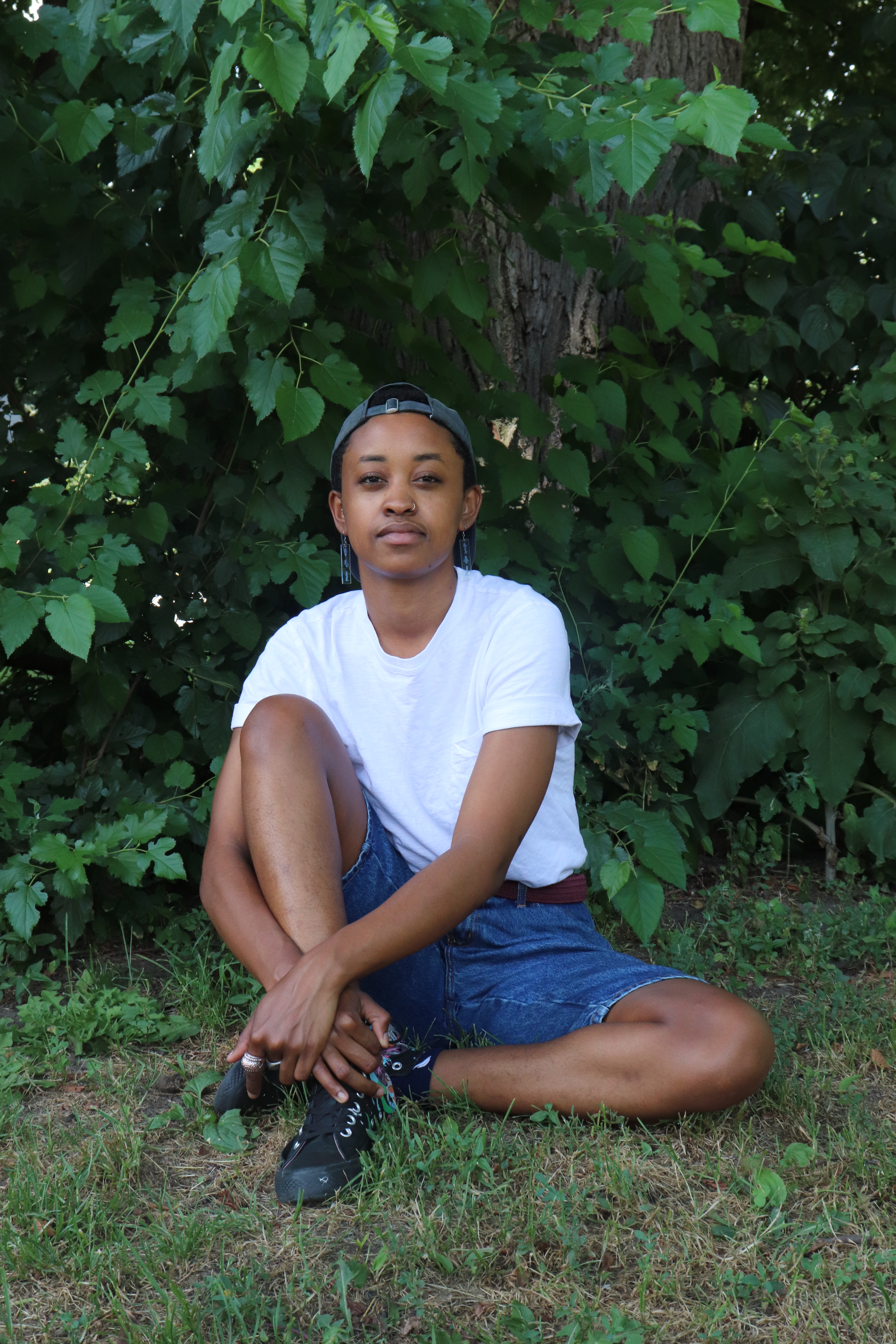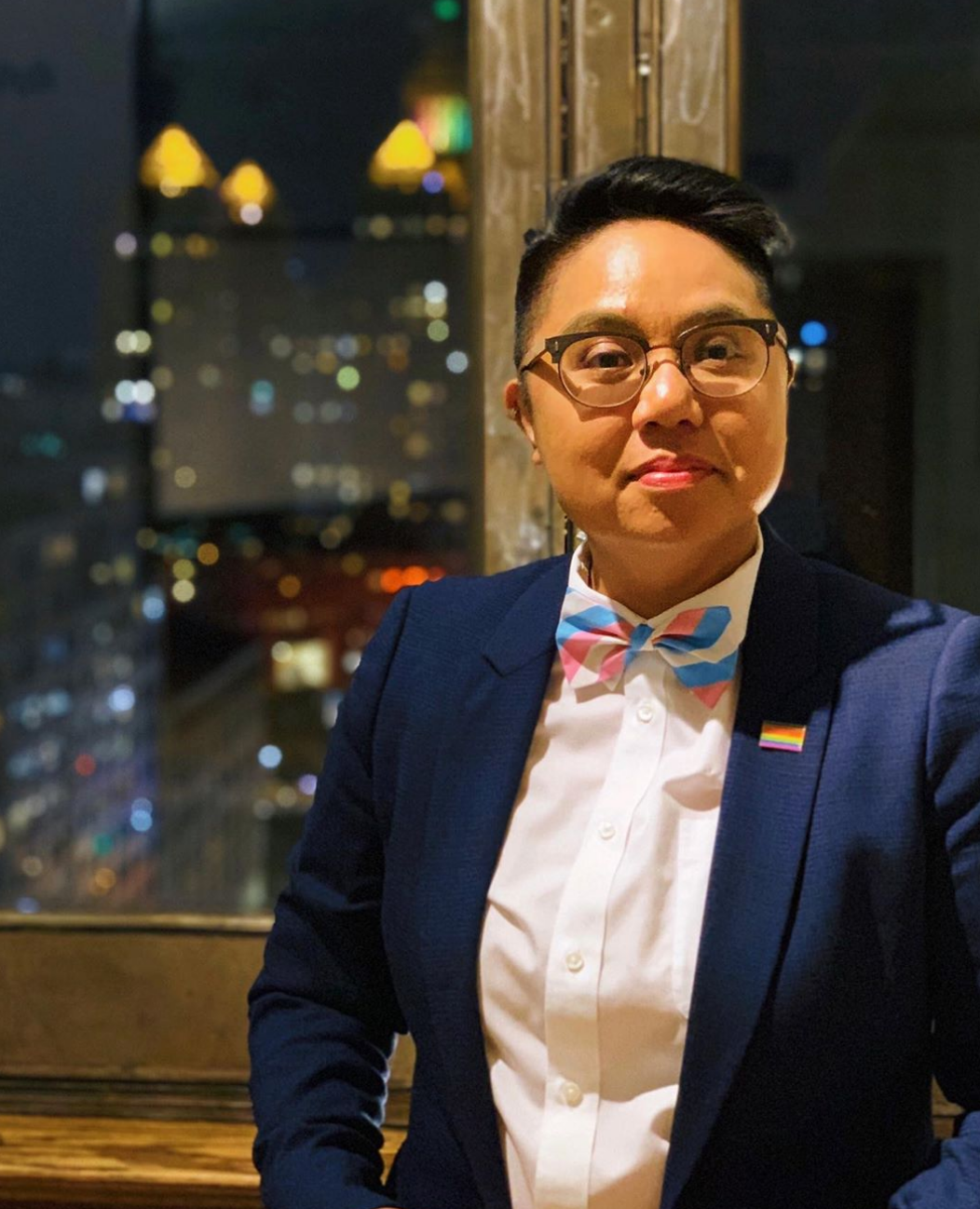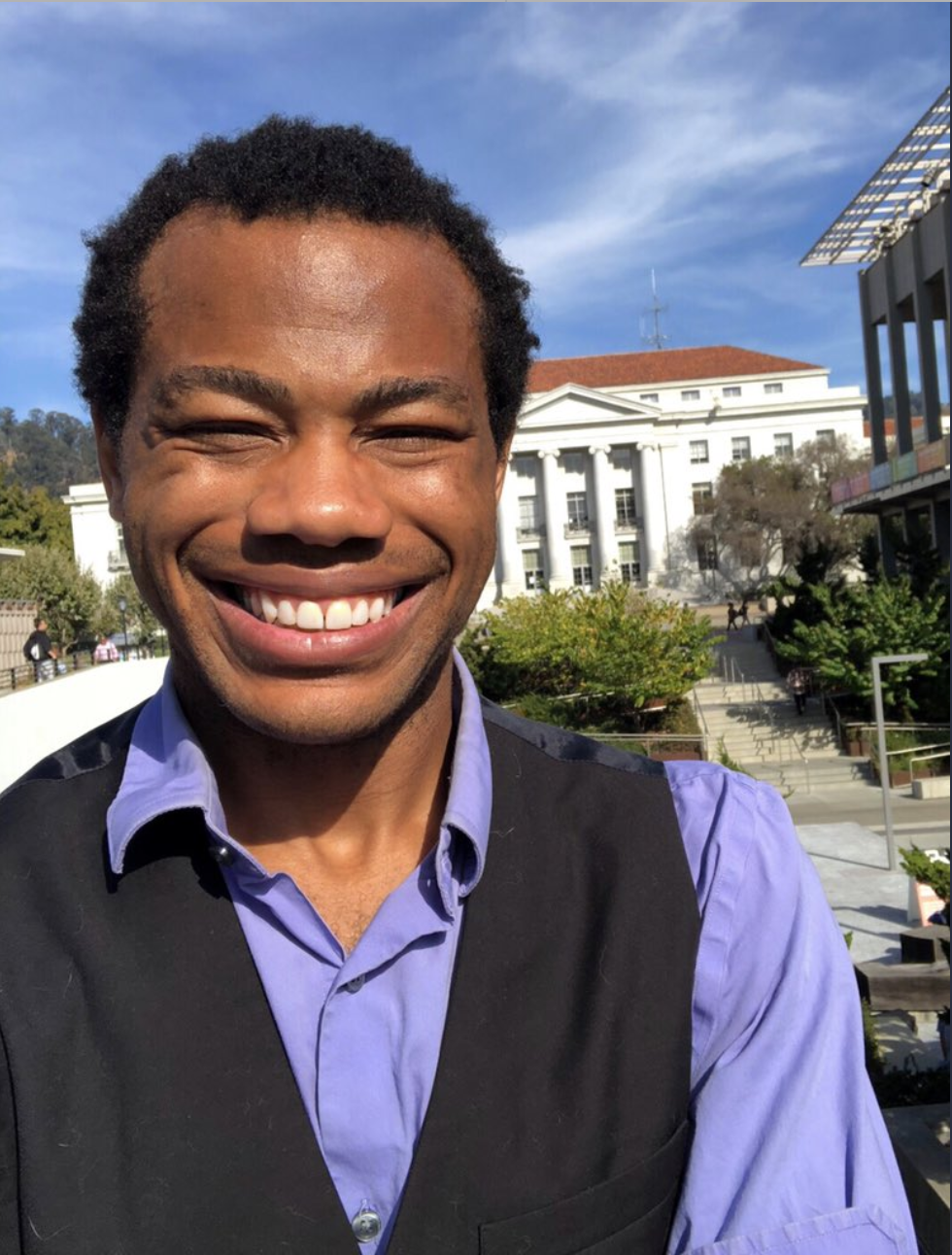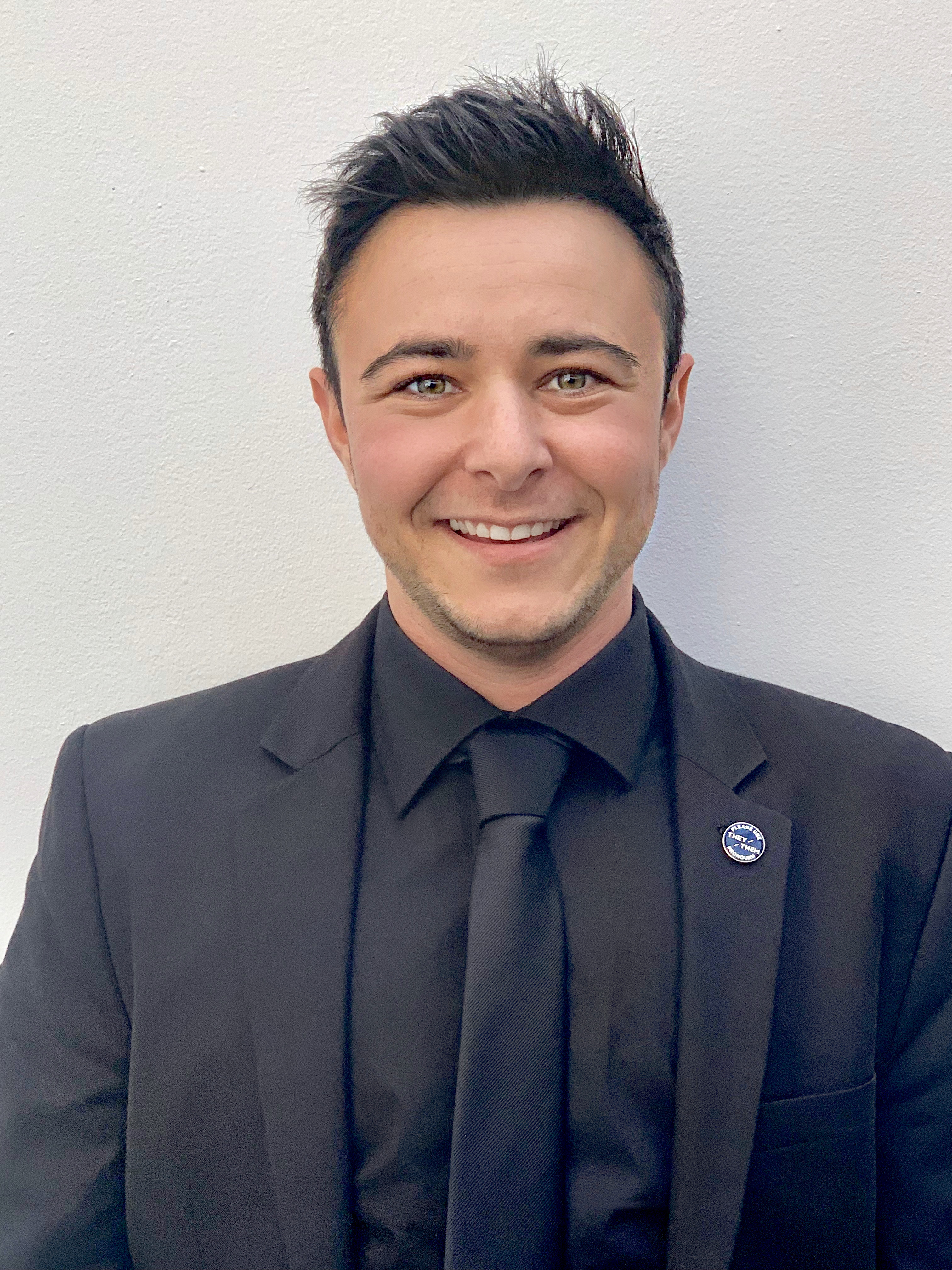7 Non-Binary People on What It’s Like to Have an ‘X’ Gender Marker
Credit to Author: Leila Ettachfini| Date: Wed, 04 Sep 2019 21:03:10 +0000
In August, Pennsylvania announced that it would join several countries and 11 other states in the U.S. to allow residents to change their legal gender marker to X, instead of choosing between M and F. Today, more than 7,000 people in the U.S. alone currently have gender X markers on official identification, though not all states allow the marker on all legal forms.
As groups of intersex, trans, and non-binary people continue the fight for an official third gender option in all states and regions, the experiences of those who have been able to change their gender markers to X differ. While some say the change has been massively affirming, others point out that discrepancy between different forms can complicate things. And still others have been surprised by how little they’ve had to think about it since—which may just be the best part.
To better understand what it’s like to actually live with an X gender marker, we asked seven non-binary people who’ve made the change what it’s been like for them.
Jack(ie) Colquitt, 22

[When I changed my gender marker], I was finally able to openly proclaim how I see myself and how I want the world to see me, and this marked the beginning of those perspectives being synonymous. I felt validated in such a specific and monumental way, and [it] made me feel free!
It was less difficult [to change] than liberating, but the slight difficulty did come with worrying how people would react. The world is still getting used to the singular “they” and to gender-neutral identities. But that’s what made it more-so liberating, being able to be a part of a nationwide spotlight being shone on GNC people was euphoric! It’s a small victory; it was beneficial in that it simply made me feel seen, and that’s all that really mattered.
Sometimes [people understand what it means], and sometimes they don’t. It depends on the people, and it’s sometimes easy and sometimes tedious to explain. But it is always worth the effort. Whoever is out there reading this and thinking about whether or not they should make this decision: if you do it for you, and no one else, it will be one of the best decisions you can make.
AC Dumlao, 28

I changed my NYC birth certificate gender marker to X in February 2019. It affirms my identity as non-binary. It was not difficult to change. The self-attestation form is very straightforward and does not require a doctor/therapist note. I simply affirmed that I am non-binary and signed my name to it, and had a notary sign off on it. I do want to note that there is a financial barrier as well as the barrier of finding a notary that one feels comfortable with. I rarely show my birth certificate, so the change was more personal to affirm myself and because it’s something I could do. I think it will be more significant when New York State Drivers Licenses allow the X gender marker.
Chanlar Rose, 22

I identify as non-binary. I actually changed my gender marker very recently within the past few weeks. This change was something that I had thought about for awhile. In some ways, I felt that it would give me more validation and autonomy when I navigate through spaces in my city. I’ve found that some people are really confused by it, and often in conversations regarding gender markers, I find that people bring up wanting to know what I, or others that identify like I do, were assigned at birth. That can be pretty frustrating and you can tell that some people don’t understand how or why that could be intrusive (because essentially they just wanna know what’s in your pants). Most of the time people just act like I’m a woman anyway, unless I’m in spaces where people are more inclusive. I’m really happy that I changed my gender marker, because it was mostly about me being authentic and honest with myself and the world.
Aidan Hill, 26

I began the process on January 1, 2018. It’s important to me to live authentically with the rights and opportunities provided to everyone under this constitution. Since 2017, coming out as trans/non-binary was a pinnacle of my life, leading me to run for Berkeley City Council for the November 2018 election, desiring to become the U.S.’s first legally non-binary public office holder, pushing for the gender marker X through the legal system. Since then, I have recognized the much-needed importance and haste for a third gender marker at the federal level, noting the president’s rapid anti-trans and anti-womxn legislation, as well as protecting trans women from being sent to men’s jails.
It has meant the world to me. I feel like the state sees my human complexity rather than just a barcode…like I can be seen as a third gender rather than asked to fill a binary because of what is in my pants. I’ve suffered much less overt discrimination since the gender marker X has made it into the national press.
I live in a progressive city, Berkeley, [California], so gender is normally seen as a social construct rather than being fixed or held indefinitely. Likewise, gender-neutral legislation is not as controversial here as in many other states and cities.
Most importantly, the gender marker X saves lives.
Charlie Arrowood, 32

I was born in NYC but reside in New York state, so I’ve only been able to change my birth certificate. New York City issues its own birth certificates separate from the state and the state doesn’t allow for X gender markers on any state-issued documents yet (a group of advocates is working on that). My birth certificate was one of the last documents I changed because—and I think a lot of trans people feel this way—it felt like the most “official” record. I was reluctant to change it until an X was available, because I didn’t want a birth record that told the world I was male. If I couldn’t have an X on my birth certificate, I was more comfortable having an F than an M, even if that was not the case for a more frequently-used document like a driver’s license. (When I had an F on my driver’s license, I was often hassled, so I changed it to an M for convenience, though I will change it to an X as soon as that becomes available.) I have a very binary, gender-conforming appearance; it was important to me to retain some vestige or documentary proof that I was not cisgender, but it was more important to me to have an accurate document that showed that I was not male or female. I didn’t want the world making assumptions about me based on my gender marker, whether physical, social, or otherwise. The privacy arguments around binary trans people’s documents apply to non-binary people as well—I want to change my documents to maintain privacy about my sex-assigned-at-birth and what my body may or may not look like.
Because I don’t use my birth certificate often, it hasn’t had a big everyday impact on my life, but it does make me more comfortable when I do have to pull my birth certificate out for some reason. I am especially looking forward to updating my NYS driver’s license when I can. Even though it says M, and that helps me avoid confrontation, the same way being misgendered verbally makes me cringe, I cringe every time I have to show an incorrect ID to someone because it is conveying incorrect information about me. The differing state and city policies also mean none of my documents match, so any time I need to show mismatched documents, there is a risk that one or the other will not be accepted.
Nobody I’ve shown my birth certificate to has asked any questions, but I think that’s because my gender marker hasn’t been relevant under the circumstances. I suspect there might be some questions if I used it to, say, obtain a driver’s license for the first time, and I suspect once I change my license, which I use frequently, it may come up more.
Jay Wu, 25

[Changing my gender marker] meant I wasn’t walking around with an inaccurate ID anymore, which was a relief, and it also felt validating to know that a government agency was aware of non-binary gender identities. It was very similar to the regular process of getting a new driver’s license. I just had to fill out a straightforward additional form.
Having an “X” gender marker has helped me realize that most people don’t look at the gender marker when they’re checking ID. For the first couple of months, I expected to get questions from people checking my ID, but I haven’t gotten any. I went through airport security dozens of times last year and didn’t have the gender marker questioned once. So I’m not sure whether people understand what it means. (My friends were, of course, very excited when I showed them my changed ID soon after I got it!)
Noah, 22

My pronouns are they/them in English. Since my native language doesn’t have an equivalent to singular-they, I use the pronoun “N” or “en” in German. I changed my gender marker this August, but not to X, exactly, because the German third gender marker is called “divers” (engl. diverse). So that’s what my birth certificate says now. Only the gender marker on my passport will be X, due to international air travel regulations.
Having my gender legally recognized is something that I wanted ever since it became clear that there would be a positive third gender option available—as opposed to just removing the gender marker. The other big reason is that I was able to change my name along with it, without having to pay more than a small fee. It wasn’t possible to have a positive third gender marker in official documents up to the beginning of 2019. The law is geared towards intersex folks, but the phrasing is vague enough to allow non-intersex folks to change their gender markers, too. I had to obtain a doctor’s letter stating that I have a “Variante der Geschlechtsentwicklung” (variant of sex development). The law has been heavily criticized by the German trans and intersex community for the pathologizing nature of requiring people to provide a doctor’s letter. It took me a while to find a doctor willing to write that letter, but after that, I had a very positive experience. The clerk at the registry office almost changed my marker to male, though! I think people are still not that used to the idea of there being more than two genders, even though the legal recognition is here now.
I’ve benefited greatly from being able to change my name everywhere, but many institutions haven’t adjusted their systems yet. My bank and phone provider address me as “Mr” now, because they haven’t incorporated non-binary options.
The primary ID used in Germany doesn’t include gender markers. They’re only on passports and birth certificates. The only reaction I’ve gotten so far was from the lady who ordered my new ID and driver’s license for me. She called the gender marker “the transsexual gender,” which I found odd. German media coverage of the new gender marker has almost exclusively mentioned intersex people, so I would have assumed that to be what people first think of when they see it.
This article originally appeared on VICE US.